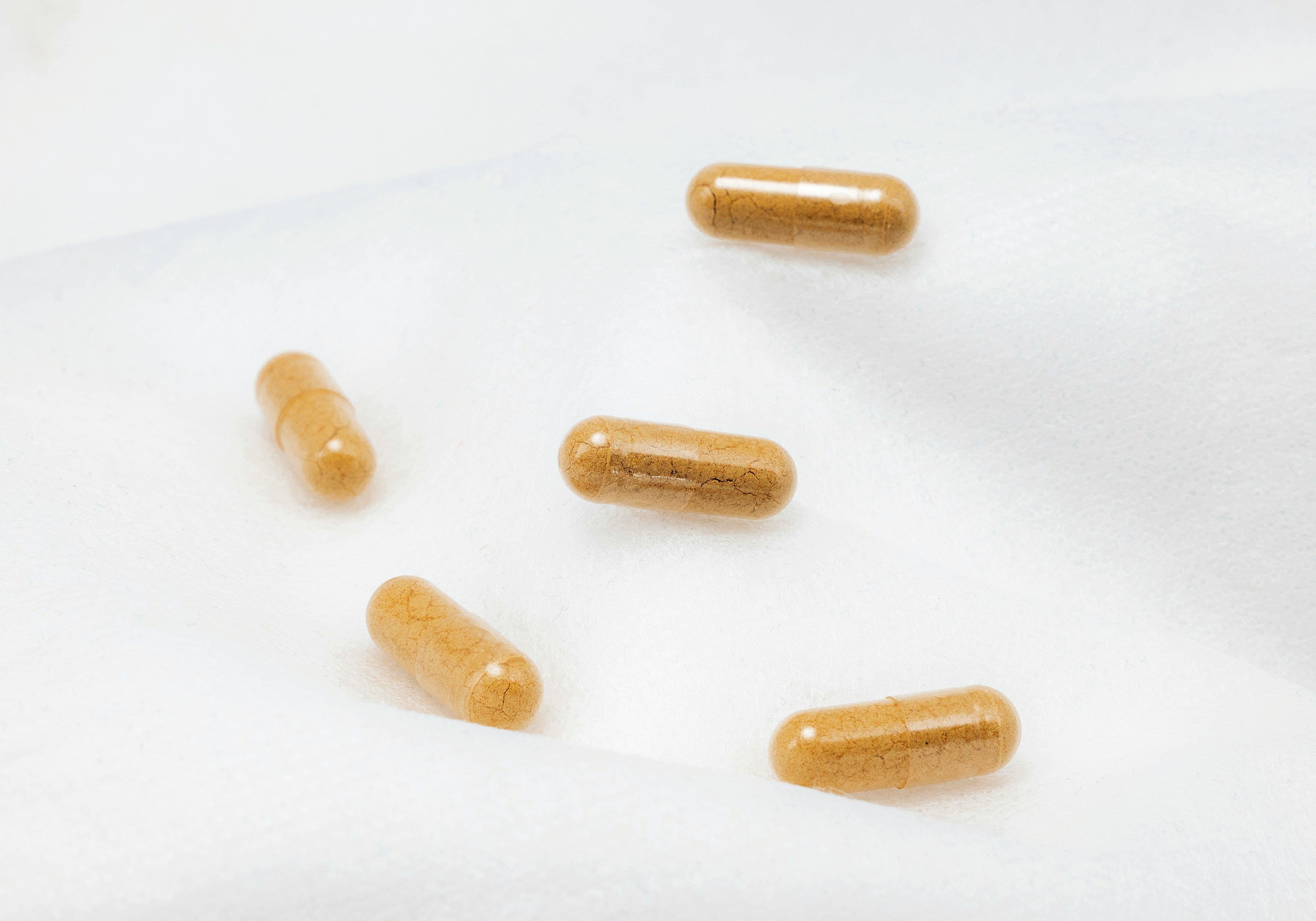Use coupon code WELCOME10 for 10% off your first order.
Cart
0
Congratulations! Your order qualifies for free shipping
You are $200 away from free shipping.
No more products available for purchase
Products
Pair with
Is this a gift?
Your Cart is Empty


